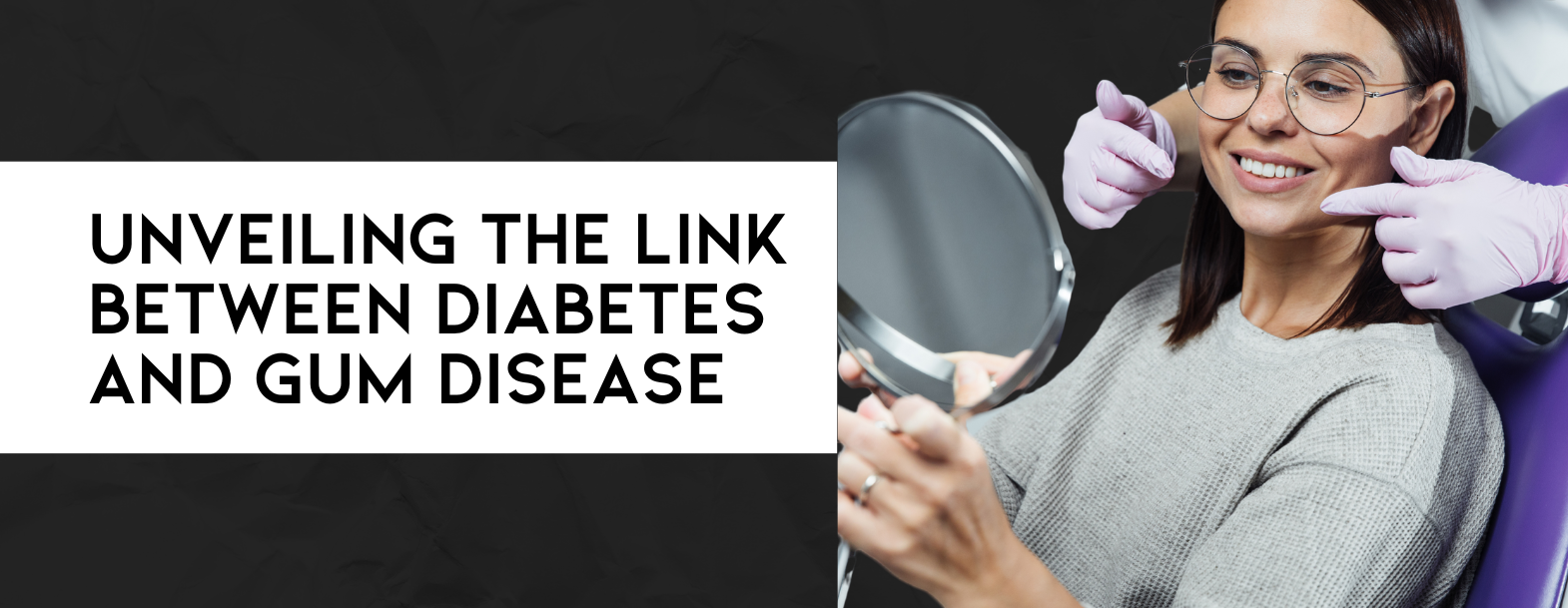In recent years, an increasing body of research has shed light on the intricate relationship between diabetes and gum disease. The correlation between these two conditions goes beyond mere coincidence, with compelling evidence suggesting a bidirectional link that can significantly impact both oral and systemic health. Let's delve into this complex interplay and explore the key insights provided by leading experts in periodontology.

Diabetes, marked by high blood sugar levels, is a known risk factor for periodontal disease. Conversely, periodontal disease may worsen blood sugar control in individuals with diabetes. This bidirectional relationship underscores the importance of comprehensive oral care in managing diabetes and mitigating its complications.
The British Society of Periodontology (BSP) provides valuable insights into the intricate interplay between diabetes and gum disease. According to BSP, individuals with diabetes are more susceptible to periodontal disease due to impaired immune function, delayed wound healing, and heightened inflammatory response. Moreover, poorly controlled diabetes can exacerbate the severity of periodontal disease, leading to increased tooth loss and oral complications.
Gum disease, if left untreated, can wreak havoc on oral health, causing symptoms such as gum inflammation, bleeding, and eventual tooth loss. In individuals with diabetes, the stakes are even higher, as uncontrolled periodontal disease can further compromise glycaemic control and exacerbate systemic inflammation. This vicious cycle underscores the importance of proactive dental care and regular periodontal screenings for individuals living with diabetes.
Managing periodontal disease in individuals with diabetes requires a multifaceted approach that addresses both oral hygiene and glycaemic control. The BSP emphasizes the importance of collaboration between dental and medical professionals to optimize treatment outcomes and improve overall health outcomes for patients with diabetes. By integrating periodontal care into diabetes management protocols, healthcare providers can empower patients to take control of their oral health and reduce the risk of diabetes-related complications.
Education plays a pivotal role in empowering patients to proactively manage their oral health and diabetes. Raising awareness about the diabetes-gum disease link empowers patients to adopt healthy habits like regular dental visits, thorough oral hygiene, and blood sugar monitoring. Open communication between patients and healthcare providers enables early detection and intervention, enhancing treatment outcomes and quality of life.
The diabetes-gum disease link emphasizes the importance of comprehensive oral care to manage diabetes and reduce complications. Healthcare professionals can integrate periodontal care into diabetes management, improving patient outcomes with insights from organizations like the British Society of Periodontology. Let’s unite oral and systemic health to empower individuals with diabetes to lead healthier lives.
Emma Saunders: CEB CERT IN DENTAL HYGIENE 1988
Jenni Seaney: DIP DENT HYGIENE LONDON 2004
Chloe Evans: BSCs (Hons) Dental Hygiene and Dental Therapy Cardiff University 2021
Back to Blog